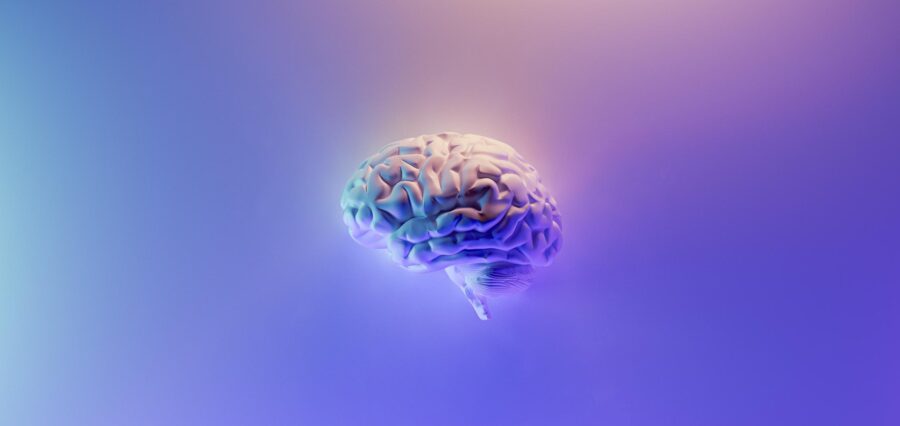Summary: Researchers at Baylor College of Medicine and Stanford University have discovered BHB-Phe, a novel compound naturally produced by the body that regulates appetite and body weight. The compound works by activating specific neurons in the brain, offering potential new approaches to weight management without dietary restrictions.
Journal: Cell, November 12, 2024, DOI: 10.1016/j.cell.2024.10.032 | Reading time: 4 minutes
A Metabolic Discovery
Inside our bodies, a previously unknown compound is helping to regulate our appetite and weight. This discovery, reported in the journal Cell, reveals how a molecule called BHB-Phe could transform our understanding of metabolism and weight control.
The compound builds on scientists’ existing knowledge of BHB, a substance produced by the liver for energy. Researchers had already noted that BHB levels increase after fasting or exercise, but this new study reveals an entirely unexpected role for this versatile molecule.
Mapping the Brain’s Response
The research team mapped the entire brain to understand how this new compound affects feeding behavior. “We found that BHB-Phe activates neural populations in the hypothalamus and brainstem, and this suppresses feeding and reduces body weight,” said Dr. Yong Xu from Baylor College of Medicine, who co-led the study.
The evidence was clear: mice lacking the ability to produce BHB-Phe ate more food and gained more weight than their normal counterparts. This finding highlighted the compound’s crucial role in regulating appetite and body weight.
Future Applications
This discovery could lead to new approaches in weight management. “This work opens up many new possibilities,” said Dr. Jonathan Z. Long from Stanford University. “For example, it might be possible for people in the future to consume BHB-Phe to drive weight loss without restricting carbohydrates in their diet.”
The researchers found that BHB-Phe works differently from a related compound called Lac-Phe, which is produced during exercise. While both compounds affect feeding behaviors similarly, they activate different neurons in the brain, suggesting multiple natural pathways for appetite control.
Glossary:
- BHB-Phe: A newly discovered compound that regulates appetite and body weight
- Hypothalamus: A brain region that helps control appetite and metabolism
- Brainstem: A part of the brain involved in basic body functions
- CNDP2: The enzyme responsible for producing BHB-Phe
- Ketone bodies: Compounds produced by the liver during fasting or exercise
Quiz:
- What is the name of the newly discovered compound?
Answer: BHB-Phe - Which parts of the brain does BHB-Phe activate?
Answer: The hypothalamus and brainstem - What happened to mice that couldn’t produce BHB-Phe?
Answer: They ate more and gained weight - According to researchers, what advantage might BHB-Phe have over current weight loss methods?
Answer: It might enable weight loss without restricting carbohydrates in the diet
Enjoy this story? Get our newsletter! https://scienceblog.substack.com/
If our reporting has informed or inspired you, please consider making a donation. Every contribution, no matter the size, empowers us to continue delivering accurate, engaging, and trustworthy science and medical news. Independent journalism requires time, effort, and resources—your support ensures we can keep uncovering the stories that matter most to you.
Join us in making knowledge accessible and impactful. Thank you for standing with us!

